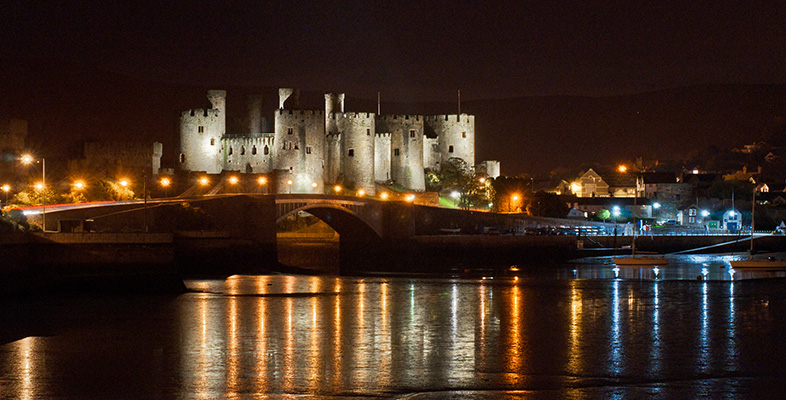4.3 Conclusion
- Despite the fact that Wales is home to one of the oldest multicultural communities in Europe, ‘race’ has not been considered an issue for public policy.
- Thinking about ‘race’ in Wales has been dominated by the idea that ‘there is no problem here’.
- Thinking about gender in Wales has been characterised by an understanding of changing gender roles and women’s gradual emergence ‘out of the shadows’.
- A distinctive Welsh culture with a strong emphasis on the ‘separate spheres’ ideology meant that women in Wales were firmly located in the domestic sphere for much of the twentieth century.
- The last decades of the 20th century saw many changes in the lives of women. Barriers were dismantled and women became more visible in public spheres.
Wales has a long way to go towards achieving multiculturalism, ‘race’ equality or gender equality. Some progress has been made. Women are more visible in public, political and economic life and there is a more visible celebration of difference in the representation of the nation and in national identity. Some would argue that these changes are superficial rather than signalling real change and that much remains to be done.
The UK Equality Act (2010) led to the Welsh Government’s single equality scheme which lays out its intentions and operating processes for a decade. Questions remain about whether the Government has laid the foundation for sustainable work on equalities, or whether the progress to date will be halted or reversed by future changes in government.
